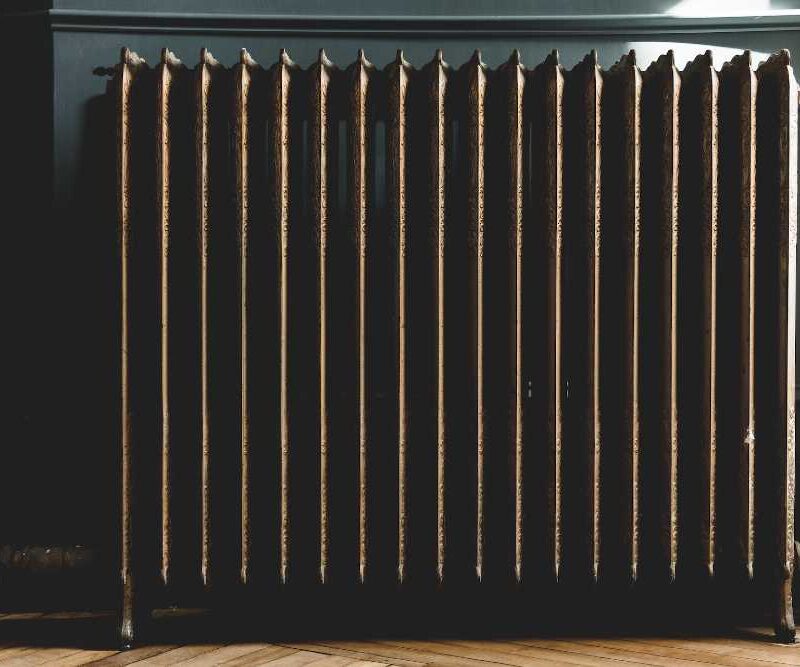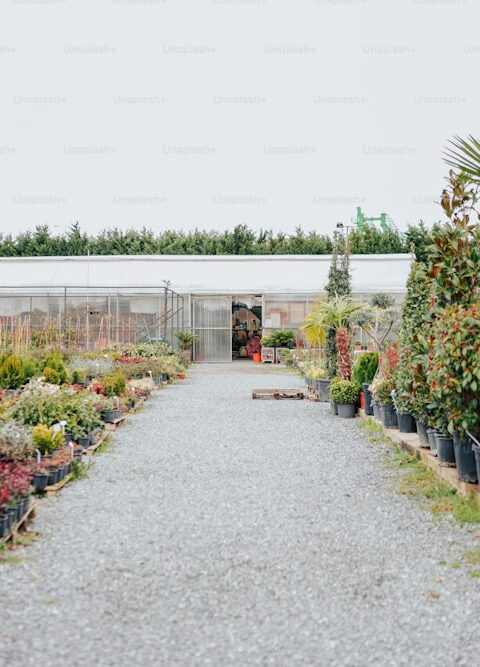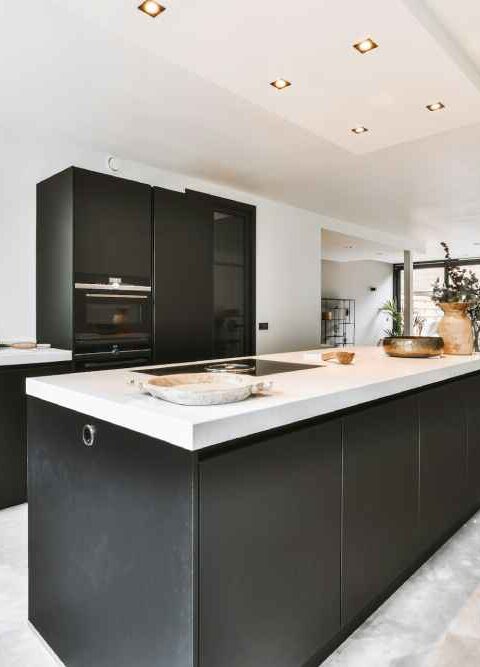A reliable, efficient, cost-effective heating system becomes crucial as winter approaches and temperatures drop. This article will look into the world of home heating systems, offering a comprehensive overview of the diverse options available and the considerations to consider when choosing the most suitable one for your home.
Every home’s heating needs are unique, and the ideal system largely depends on location, house size, and budget. Understanding the advantages and drawbacks of different heating systems can help you make better decisions and ensure your space remains warm and comfortable, even in the coldest months.
Radiant heating
Radiant heating systems like underfloor heating are famous for their efficiency and comfort. These systems, which circulate heated water through pipes installed beneath the floor, provide a steady, even warmth that rises from the bottom up. It helps eliminate cold spots and minimizes energy use since heat is delivered directly to the living space. Underfloor heating can be installed in different types of flooring, including tile, concrete, and wood.
Another type of radiant heating system is radiant ceiling panels, installed on the ceiling to radiate heat downwards. These panels can be a good option for rooms with high ceilings, as they help distribute heat evenly throughout the space.
Forced air heating
Forced air heating systems are among the most common and affordable options available. They blow hot air through ducts and vents to distribute heat throughout the house. This type of system is often powered by gas or electricity and is typically controlled by a thermostat.
One advantage of forced air heating is the added benefit of an air conditioning unit. Using the same ductwork lets you have heating and cooling capabilities in your home. However, one downside to this system is that it can be inefficient, as hot air tends to rise and leave colder spots closer to the ground.
Heat pumps
Heat pumps are forced air heating systems that use electricity efficiently to transfer heat from one place to another. They work by extracting heat from the outside air and transferring it inside, even in cold temperatures. This system can also be used for cooling during warmer months.
One advantage of heat pumps is that they are highly energy-efficient, with significant cost savings compared to traditional heating and cooling methods. However, they may not be suitable for freezing climates, as they become less efficient in lower temperatures.
Geothermal heating
Geothermal heating is another heat pump system that utilizes the earth’s natural heat to warm your home. It involves installing underground pipes to circulate a liquid that absorbs heat from the ground and efficiently transfers it into your house. Since the earth’s temperature remains relatively constant, this system can provide consistent and efficient heating.
Geothermal heating is also environmentally friendly, as it does not require fuel combustion to generate heat. However, this system can be expensive to install initially and may only be suitable for some locations.
Solar heating
Solar heating systems have become prevalent and use the energy from the sun to heat your home. This system involves installing solar panels on the roof to capture sunlight and then convert it into heat that can be used to heat water or air. This system is cost-effective and environmentally friendly, relying on renewable energy.
Solar heating systems may not be reliable during cloudy or overcast days and usually require a backup plan for colder months. It also requires the proper placement of solar panels to optimize efficiency.
Wood-burning stoves
Wood-burning stoves are popular for those looking for an alternative heating system. To generate heat, these stoves burn wood, pellets, or other biomass materials. They can be used as a primary or supplemental heat source and require proper ventilation.
One advantage of wood-burning stoves is their availability and cost-effectiveness, as wood is a renewable and relatively inexpensive fuel source. These stoves require regular maintenance, such as cleaning the chimney and disposing of ash.
Hybrid water heaters
What is a hybrid water heater? This type of heater combines conventional water heating systems with a heat pump and uses electricity to transfer heat from the air into a storage tank, providing hot water for your home. This system is efficient and can save energy bills significantly.
Choosing the right heating system for your home
When selecting a heating system for your home, you must consider budget, energy efficiency, climate, and personal preferences. Some systems may be more suitable for specific locations and environments, while others offer added benefits such as cooling capabilities.
Considering the long-term costs of owning and maintaining a heating system is also essential. Some options may have lower initial costs but require more frequent maintenance or higher energy bills in the long run.
Another factor to keep in mind is the availability of fuel sources. For example, wood-burning stoves may be a good option for rural areas with easy access to wood, while geothermal heating may not be feasible in densely populated urban areas.
Wrapping up
There are numerous options available when it comes to heating your home. Each system has advantages and drawbacks; the ideal choice will depend on your specific heating and cooling needs and circumstances. Consider consulting with a professional to determine the best heating system for your home and ensure you stay warm and comfortable during winter. With the right system, you can enjoy energy-efficient heating while reducing your carbon footprint and saving on utility bills.







